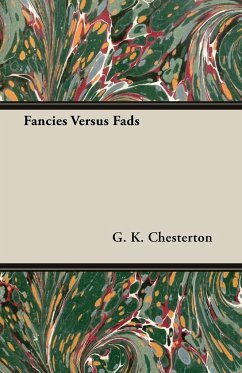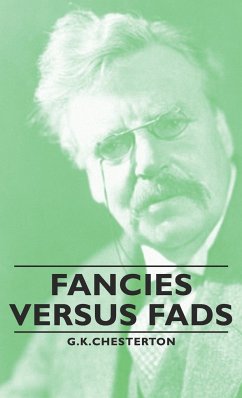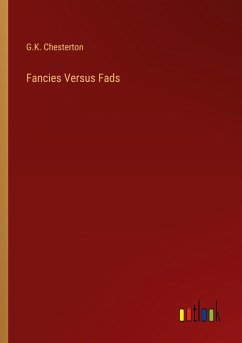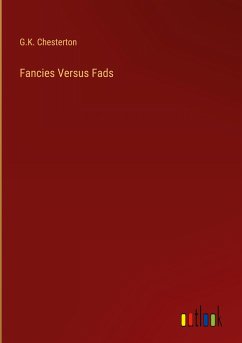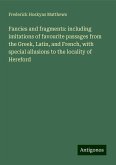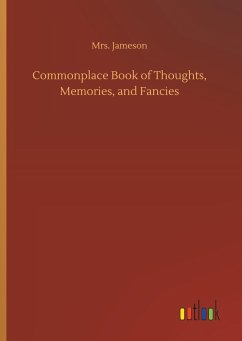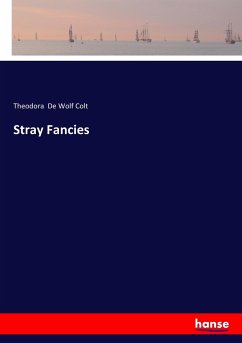Contents Include: The Romance of Rhyme Hamlet and the Psych-Analyst The Meaning of Mock Turkey Shakespeare and the Legal Lady On Being an Old Bean The Fear of the Film Wings and the Housemaid The Slavery of Free Verse Prohibition and the Press The Mercy of Mr.Arnold Bennett A Defence of Dramatic Unities The Boredom of Butterflies The Terror of a Toy False Theory and the Theatre The Secret Society of Mankind The Sentimentalism of Divorce Street Cries and Stretching the Law The Revolt of the Spoilt Child The Innocence of the Criminal The Prudery of the Feminists How mad Laws are Made The Pagoda of Success The Myth of the "Mayflower" Much Too Modern History The Evolution of Slaves Is Darwin Dead? Turning Inside Out Strikes and the Spirit of Wonder A Note on Old Nonsense Milton and Merry England
Hinweis: Dieser Artikel kann nur an eine deutsche Lieferadresse ausgeliefert werden.
Hinweis: Dieser Artikel kann nur an eine deutsche Lieferadresse ausgeliefert werden.

